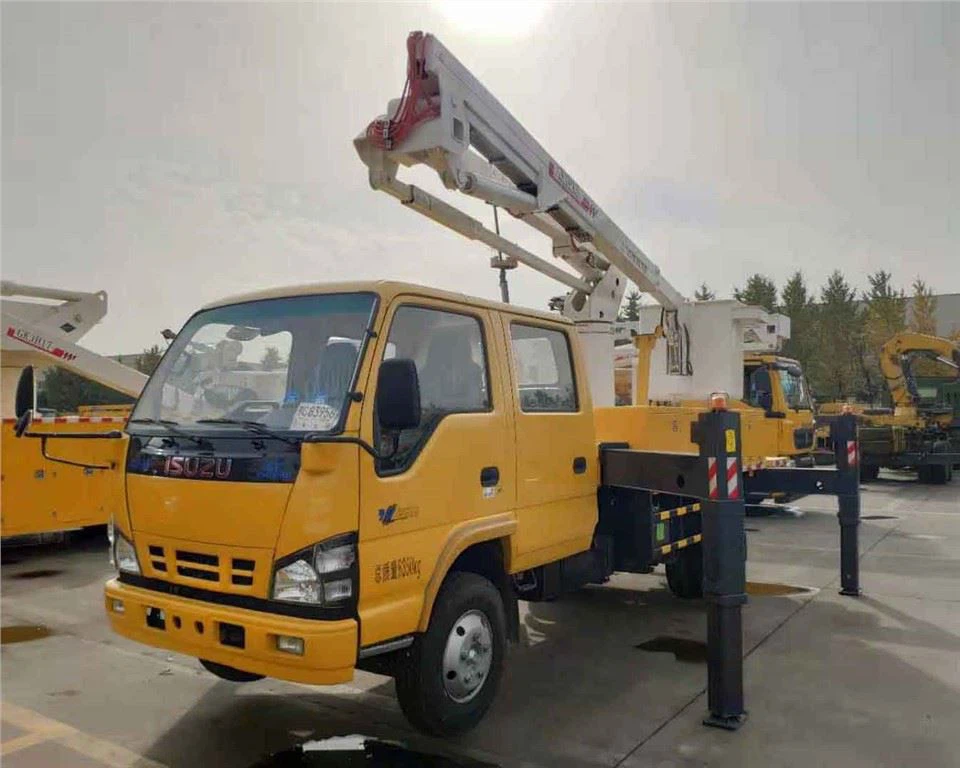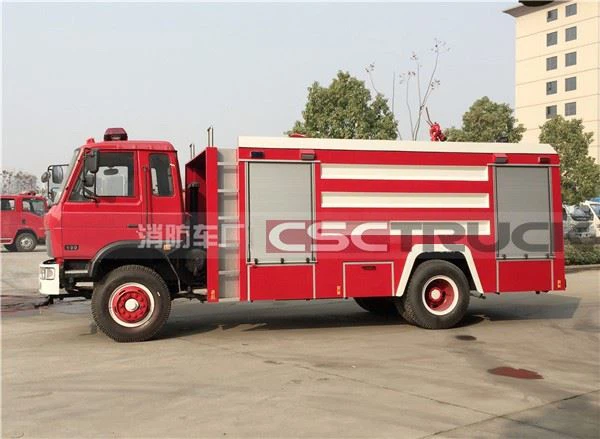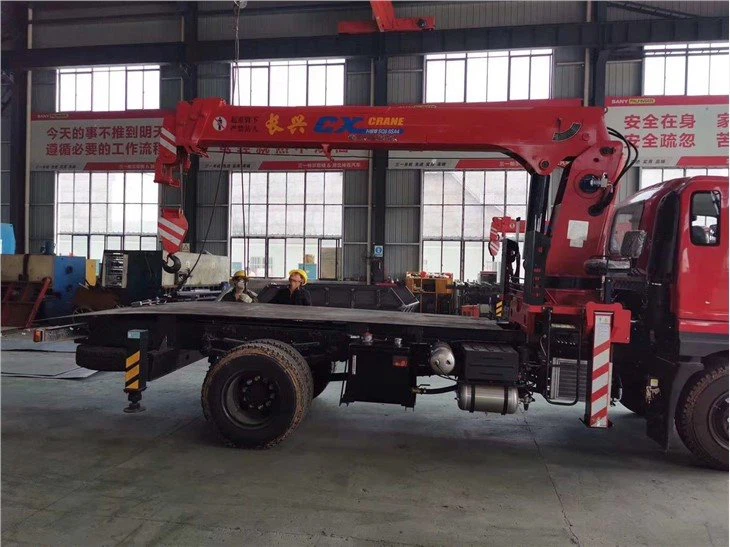CDL Trucks for Sale: Your Comprehensive Guide

Finding the right CDL (Commercial Driver’s License) truck can be a challenging process, whether you’re a new truck driver, a company fleet manager, or an owner-operator. With numerous options available in the market, making an informed decision is vital for ensuring profitability and reliability. This article aims to provide you with a thorough understanding of CDL trucks for sale, from various types available to buying tips and common questions.
Understanding CDL Trucks
What is a CDL Truck?
A CDL truck is any vehicle that requires a Commercial Driver’s License to operate. This generally includes heavy trucks with a gross vehicle weight rating (GVWR) of over 26,001 pounds, vehicles designed to transport hazardous materials, and buses designed to carry 16 or more passengers.
Types of CDL Trucks
- Class A Trucks: These are combination vehicles that have a trailer with a GVWR of over 10,000 pounds. Examples include tractor-trailers and freight trucks.
- Class B Trucks: These vehicles have a single unit (non-combination) with a GVWR of over 26,001 pounds. Examples include larger box trucks and buses.
- Class C Trucks: Designed for transporting passengers or hazardous materials, these vehicles do not meet the criteria of Classes A or B.

Where to Find CDL Trucks for Sale
Dealerships

Visiting official dealerships is one of the most reliable options. They typically offer a wide selection of new and used trucks, along with warranties and financing options.
Online Marketplaces
Websites like TruckPaper, eBay Motors, and Craigslist have extensive listings for CDL trucks. These platforms allow you to compare prices quickly, read reviews, and even communicate with sellers directly.
Auction Houses
Buying a truck through an auction can be both exciting and cost-effective. Places like Ritchie Bros. Auctioneers frequently auction off heavy-duty trucks, often at lower prices than traditional sales.
Factors to Consider Before Buying CDL Trucks
Budget
Set a realistic budget, including purchase price, maintenance costs, insurance, and fuel expenses. It’s crucial to account for both upfront and long-term costs.
Type of Work
Your intended use will largely determine what type of vehicle you should buy. For instance, a Class A truck for long-haul freight, or a Class B truck for local deliveries.
Fuel Efficiency
Fuel costs can significantly impact your profitability. Look for models known for better fuel economy, as this will help save money long-term.
Maintenance History
When purchasing a used vehicle, examining its maintenance records is essential. A well-maintained truck is less likely to encounter issues.
Financing Your CDL Truck
Loans and Leasing Options
Many buyers opt for financing, either through loans or leasing. Loans mean you’ll own the truck outright, while leasing may provide lower monthly payments but you won’t own the vehicle.
Credit Score Impact
Your credit score can significantly influence your financing options. A higher score may help you secure better interest rates and loan amounts.
Common Features of CDL Trucks
Engine Specifications
CDL trucks often come with powerful diesel engines. Engine size and HP rating can affect performance, so choose wisely per your needs.
Axle Configuration
Different axle configurations impact load capacity and maneuverability. Common setups include 4×2, 6×4, and 8×4, each serving unique purposes.
Safety Features

| Feature | Description |
|---|---|
| ABS | Anti-lock braking system that prevents wheel lock-up. |
| ESC | Electronic stability control helps maintain vehicle control during skids. |
| Lane Departure Alerts | Warns drivers when they drift out of their lane. |
Tips for Inspecting Used CDL Trucks
Physical Inspection
Examine the truck’s exterior and interior. Look for rust, dents, or any signs of damage. Ensure that tires and brakes are in good condition as well.
Engine Check
Inspect the engine for any leaks, irregular noises, or performance issues. A technician can provide a more thorough analysis and peace of mind.
Test Drive
Always take the truck for a test drive. Pay attention to how it handles, any unusual vibrations, and the responsiveness of the brakes and steering.
Frequently Asked Questions (FAQ)
1. What are the differences between leasing and buying a CDL truck?
Leasing usually provides lower monthly payments but may lead to penalties for exceeding mileage limits. Buying means you own the truck, leading to more flexibility and no mileage restrictions.
2. How do I know if I’m getting a fair price for a used truck?
Research online pricing guides like Kelley Blue Book or NADA Guides to compare the costs for similar models and conditions. This data helps justify your offer.
3. Is it better to buy new or used CDL trucks?
This depends on your budget and needs. New trucks often come with warranties and fewer initial repairs, while used trucks generally have a lower purchase price.
4. What should I look for in a truck’s maintenance records?
Examine the frequency of service, types of repairs (major vs. minor), and any recurring issues. A consistent maintenance regimen indicates care from the previous owner.
5. Can I finance a CDL truck with bad credit?
Yes, but you may face higher interest rates or strict payment terms. It is advisable to improve your credit score beforehand to secure better financing options.
6. Are there any additional costs when purchasing CDL trucks?
Yes, in addition to the purchase price, consider insurance, registration, taxes, and potential modifications or repairs needed to meet your operational requirements.
